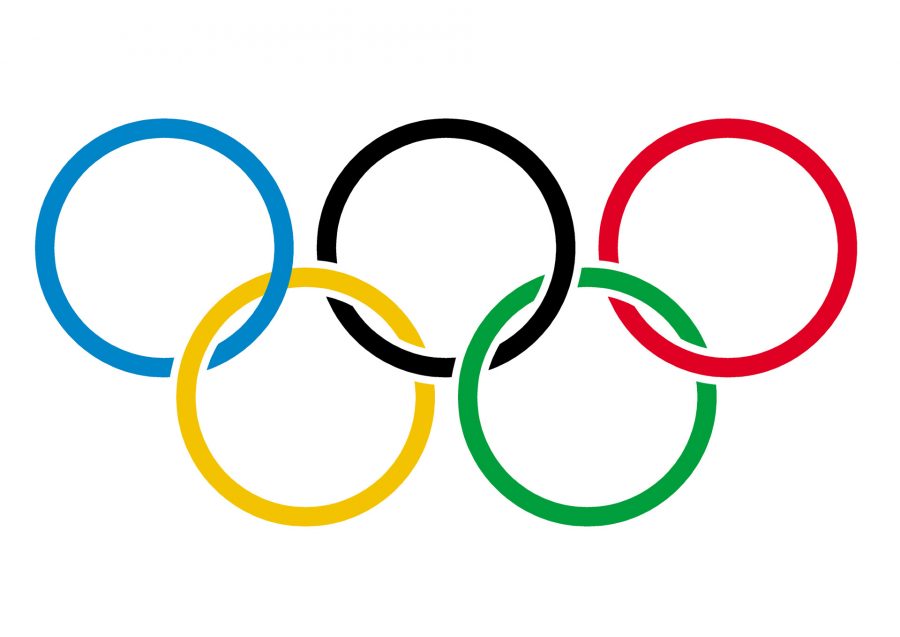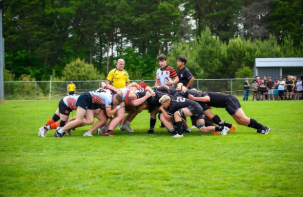Games can tear children apart. Everybody remembers fighting a sibling over a game of Monopoly or Candy Land. But we’re grown up now.
The truth is that games also can bring people together, even on an international scale. Even though it seems ridiculous to suggest that mere games could mend bonds between nations, even enemies, it can happen.
This winter, 92 nations are competing in the 2018 Winter Olympics in PyeongChang, South Korea, and maybe some international tensions can be resolved. Sports have helped international relations before, and the Olympics are a great opportunity to assuage current world disputes.
In 2006, Cote D’Ivoire soccer player Didier Drogba spoke to a national audience in an attempt to raise support to end the country’s civil war, which had been going on for nearly two years. The two sides of the war came together to participate in the 2006 World Cup, despite the rigid tensions. Only one year later, the war was over, and Drogba was seen as a leading activist of the efforts to end the war.
In 1971, the American ping pong team traveled to China for the World Table Tennis Championship, the first official American delegation to China since 1949. Prior to the championship, America and China had fought in the Korean War, so relations between the countries were tense. One year after the championship, President Nixon visited China and opened diplomatic relations, a major step in the creation of the beneficial American-Chinese relationship that exists today.
After half a century of cold relations, the United States and Cuban soccer teams engaged in a friendly match in 2016, their first friendly match since 1947. The US and Cuba had been enemies throughout the Cold War, and traveling between the countries was prohibited. Now, travel between the countries is permitted, but it is limited. Soccer games between the teams likely didn’t lead the efforts for peace, but they certainly were a large step to create diplomacy.
The nations of Armenia and Turkey have been bitter enemies since World War One, and maintain no formal diplomatic relations, despite being neighboring countries. However, a soccer game in 2008 created a major opportunity to mend relations between the countries. For the World Cup qualifying match in 2008, Armenian president Serzh Sarksyan invited Turkish president Abdullah Gul to watch the game. This was the first time that a Turkish president had visited Armenia since Armenia gained independence from the Soviet Union in 1991. During the meeting, the leaders talked about resolving the issues between the countries.
This year, the Olympics could bring some world peace. There are rising conflicts between America and North Korea, and the Korean nations are still technically at war (even though they are at a ceasefire). In recent years, North Korea has attempted frequent missile tests, and they are on pace to attempt over 100 missile tests during Trump’s presidency, more than during any other presidency. Basically, relations surrounding North Korea are currently terrible.
However, there have already been some diplomatic actions between North and South Korea. The two nations marched at the Olympic opening ceremonies under one unified Korean flag. Also, the two countries have formed a joint women’s hockey team, which will compete in the games. This is the first time that the two countries have formed a joint team since the 1991 World Table Tennis Championships, in which the Korean team took a gold medal. These actions are certainly a step in the right direction, even if it doesn’t immediately solve the problem.
South Korea has been an ally of the United States since the Korean War, in which the US was attempting to prevent the spread of communist North Korea. So, since the Korean nations are marching under one flag, this may be a complication for American diplomacy. The 2018 Winter Olympics should be seen as an opportunity for peace, especially since the world may be on the brink of war.
It sounds ridiculous that two countries on the verge of war could possibly find diplomatic relations through sports, but similar things have happened before.







